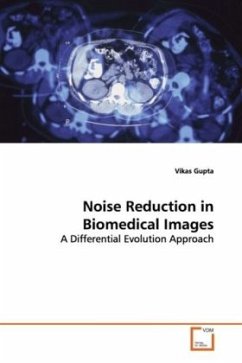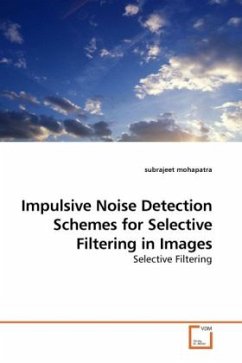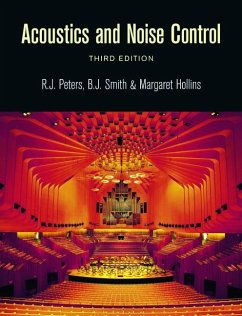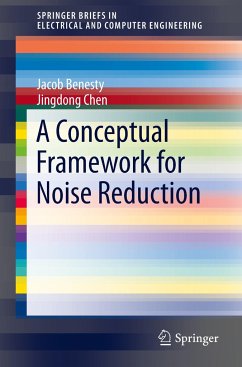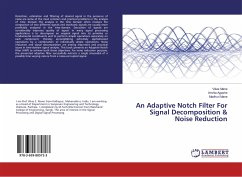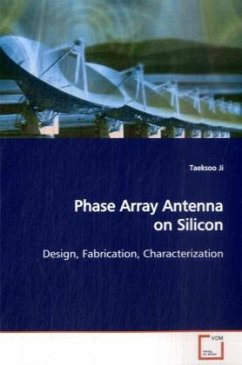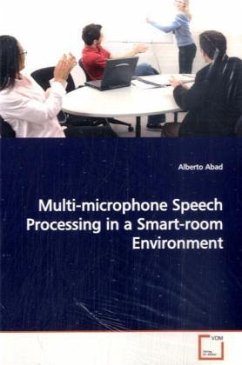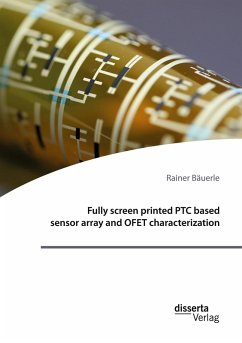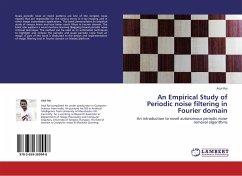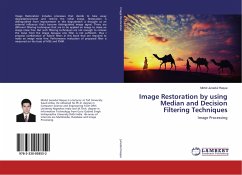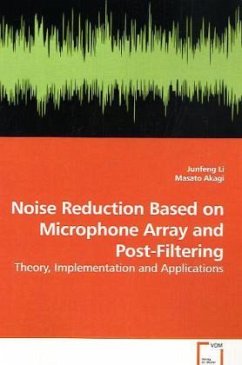
Noise Reduction Based on Microphone Array and Post-Filtering
Theory, Implementation and Applications
Versandkostenfrei!
Versandfertig in 6-10 Tagen
39,99 €
inkl. MwSt.

PAYBACK Punkte
20 °P sammeln!
Acoustic interfering noise signals dramatically degrade the performance of many speech applications, such as automatic speech recognition system and speech communication system, in practical environments. For example, for automatic speech recognition system, noises result in the mismatch between the training and testing conditions, further degrading the performance of recognition system in real-world conditions. For speech communication system, acoustic noises degrade the quality and intelligibility of received speech signals. Therefore, noise reduction has been a fundamental enabling technolo...
Acoustic interfering noise signals dramatically degrade the performance of many speech applications, such as automatic speech recognition system and speech communication system, in practical environments. For example, for automatic speech recognition system, noises result in the mismatch between the training and testing conditions, further degrading the performance of recognition system in real-world conditions. For speech communication system, acoustic noises degrade the quality and intelligibility of received speech signals. Therefore, noise reduction has been a fundamental enabling technology and an indispensable component for these applications that must recognize or transmit speech in noisy environments. The book describes the theory, implementation and applications of multi-channel noise reduction for robust hands-free speech recognition. Problems are discussed in regards to different state-of-the-art multi-channel noise reduction systems. Accordingly, one promising multi-channel noise reduction system based on microphone array and post-filtering is introduced from theory, through implementation, to application to robust speech recognition.



